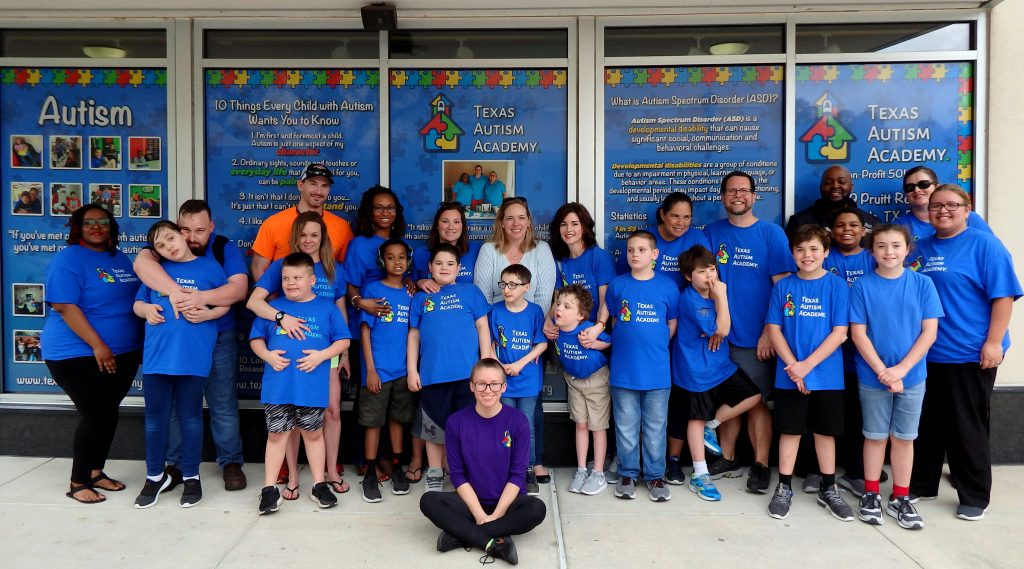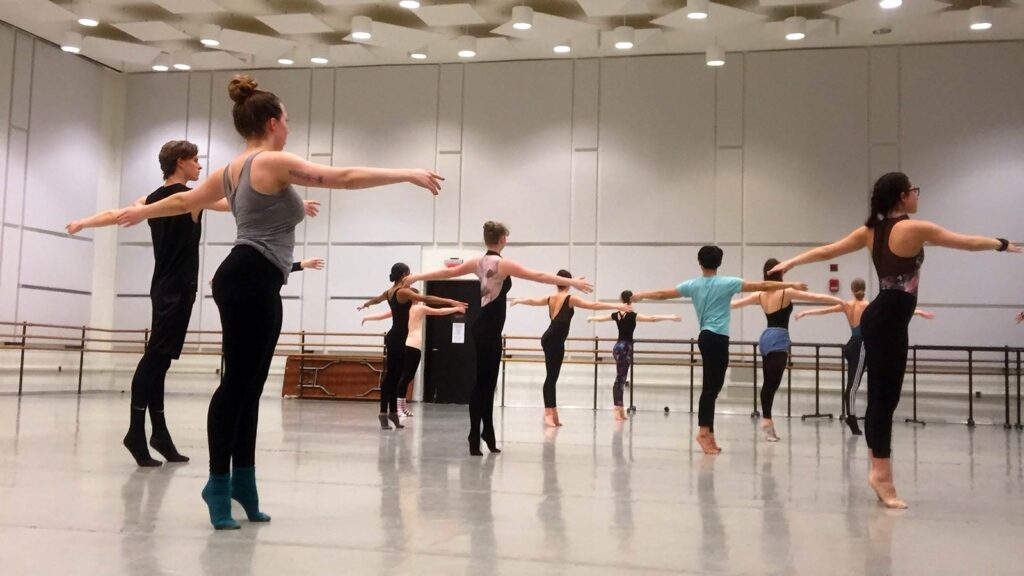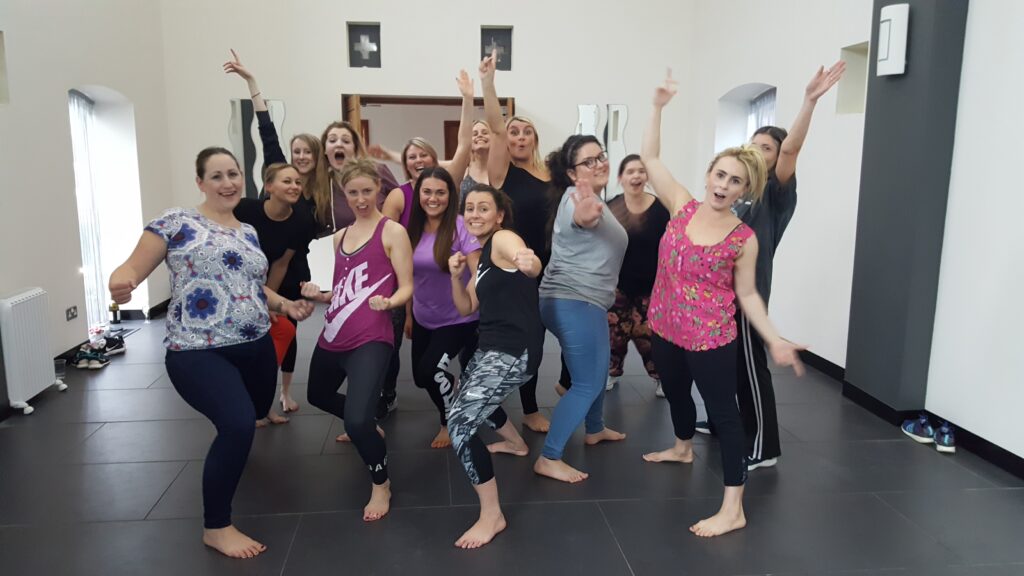Many parents of children on the autism spectrum look into alternate educational possibilities.
For students with autism, private schools, charter magnet schools, and homeschooling are all effective options.
Related: 15 Top Dance Schools in Cape Town With Details
However, in this article we consider why it is best to send your child to an autism school which is best equipped to handle the educational needs of your child by dedicating more time, specialized teaching methods, and specially trained teachers.
We get to see the list of the best autism schools in South Africa, the links to their websites and also receive answers to many common questions we have regarding autism schools in South Africa.
What is Autism?
Even though autism is difficult to explain and describe, it is likely something we will all experience at some point in our lives.
It is possible that you will know or come into contact with someone who is affected by the condition, even if you or a member of your family is not personally impacted by it.
Despite this, many people do not have a thorough grasp of the condition.
Autism is a neurological abnormality that many people have from birth that impacts how they perceive their environment and interact with others.
Related: 20 Top Autism Schools in Wisconsin & Their Websites
A person with autism will interact with their environment differently than a person who is not on the spectrum and will have a different knowledge of the world.
Due to their propensity to think differently, they may have obstacles in areas that come effortlessly to others, but they may also demonstrate skills and abilities.
Signs of Autism
Examples of social interaction and communication traits associated with ASD include:
- Avoids making eye contact or breaks it.
- By the age of nine months, does not respond to name.
- By the age of nine months, does not exhibit happy, sad, angry, or shocked facial expressions.
- Does not engage in simple interactive games when they are 12 months old.
- By the age of one year, makes few or no gestures (for example, does not wave goodbye).
- By the age of 15 months, does not share interests with others (for example, shows you an object that they like).
- By the age of 18 months, does not point to show you something interesting.
- By the age of 24 months, does not notice when others are disturbed or unhappy.
- By 36 months of age, does not observe other kids and join them in play.
- By the age of 48 months, does not pretend to be someone else when playing, such as a teacher or a superhero.
- Not acting, singing, or dancing for you by the age of 60 months.
People with ASD can exhibit peculiar habits or hobbies. ASD differs from conditions that are only characterized by issues with social interaction and communication by virtue of these behaviors or interests. Examples of restricted or repetitive ASD-related activities and interests include:
- Sets toys or other items in a line and becomes irate if the arrangement is altered.
- Repeatedly uses the same words or phrases (called echolalia).
- Uses toys, in the same manner, every time they play.
- Is concentrated on object components (for example, wheels).
- Bothered by even small changes.
- Has obsessions.
- Must adhere to specified procedures.
- Flapping hands, body rocking, or merry-go-rounding.
- Reacts strangely to sounds, smells, tastes, sights, or sensations.
Most people with ASD also exhibit other similar traits. These could consist of:
- Delayed linguistic abilities.
- Delayed motor abilities.
- Delayed learning or cognitive abilities.
- A tendency toward impulsivity, hyperactivity, or inattention.
- Seizure disorder or epilepsy.
- Unusual sleeping and eating patterns.
- Digestive disorders (for example, constipation).
- Unusual emotional or mood changes.
- Excessive concern, tension, or anxiety.
- Either less fear or more fear than anticipated.
It is crucial to keep in mind that not all or perhaps none of the behaviors listed here as examples may be present in children with ASD.
Related: 25 Top Autism Schools in Alabama & What They Offer
Disadvantages of Enrolling an Autistic Child in a Regular School
All children are entitled to free public education, and the majority of autistic children do attend public schools. In some circumstances, a public school can offer a child with autism suitable social and educational environments.
Local public schools, on the other hand, frequently have difficulty finding an adequate facility and delivering an engaging curriculum. Here are some reasons why:
- Sensory Difficulties
The sensory demands of a conventional school may be too much for and distressing for autistic kids. Spending the day in a place that is very busy, loud, and bright can be exhausting.
For some kids, dealing with gym class, waiting in lines, and responding to loud buzzers can be too much.
- Bullying
Bullying frequently targets kids with autism. They might act, walk, and speak differently from their classmates, and frequently lack the communication and interpersonal abilities to advocate for themselves.
Children with high functioning autism are surprisingly more likely to experience bullying because they are more likely to be included in neuro-typical classrooms and more susceptible to bullying tactics.
- Unsuitable for the Child’s Needs
Sometimes, what seems to be a good instructional program at first glance isn’t. A child with severe behavioral and sensory difficulties can never function successfully in a mainstream environment.
In those pretty extreme situations, you can frequently argue for change on your own or with the help of an advocate or mediator. Often, schools will identify the issue and implement improvements based on each child’s unique needs.
Best Autism schools in South Africa
A youngster will be taught the same material as their neuro-typical peers if they are academically capable. The kid may be taught in special education classes or in a resource room if they have mild intellectual, learning, or attention difficulties.
If the symptoms are more severe, the program can be nearly completely behavioral education rather than academic instruction. Below are the best autism schools in South Africa:
The Star Academy Tutors and Support for Autism & Related Disorders
Address: 80 Athol St, Waverley, Johannesburg, 2192, South Africa
Find out more information here.
The Key School for children with autism
Address: 7 Rhodes Ave, Parktown, Johannesburg, 2193, South Africa
Find out more information here.
Amazing K Therapy & Remedial Academy – Autism School Randburg
Address: ext 15, 22 Paul St, Northwold, Johannesburg, 2155, South Africa
Find out more information here.
Vera School for Autistic Learners
Address: 20 Anglesey St, Rondebosch East, Cape Town, 7780, South Africa
Find out more information here.
Tamarisk Special School for Autism
Address: 27-33 Ficksburg Rd, South Hills, Johannesburg South, 2136, South Africa
Find out more information here.
Related: 15 Top Dance Schools in South Africa & Their Details
The Sisu Hub – Autism School / Centre
Address: Gauteng, 74 Pitts Ave, Weavind Park, Pretoria, 0040, South Africa
Find out more information here.
Unica School
Address: Cecilia Road, Ashlea Gardens, Pretoria, 0081, South Africa
Find out more information here.
Al Noor Centre for Autism
Address: 11 Arum St, Arcon Park, Vereeniging, 1939, South Africa
Find out more information here.
Wings for Life – School for Autism
Address: Rossini Blvd, Vanderbijlpark S. W. 1, Vanderbijlpark, 1911, South Africa
Find out more information here.
Wandsworth School (Special Needs Education)
Address: 197 Starling Ave, Boskruin, Randburg, 2188, South Africa
Find out more information here.
Related: Top 10 life insurance companies in South Africa
Randburg Clinic School
Address: 51 Milner Rd, Kensington B, Randburg, 2194, South Africa
Find out more information here.
Little Gems Special Needs Care Facility
Address: 40 Willow Cres, St Andrews, Germiston, 2007, South Africa
Find out more information here.
Centre for Autism Research & Education
Address: 9th Ave & Raglan St, Orange Grove, Johannesburg, 2196, South Africa
Find out more information here.
Boland School of Autism
Address: 26 Nantes St, Lemoenkloof, Paarl, 7646, South Africa
Find out more information here.
Glenoaks Remedial and Special Needs School
Address: 72 Roberts Ave, Kensington, Johannesburg, 2101, South Africa
Find out more information here.
Related: 18 Top Autism Schools in Los Angeles[Special Needs Schools]
GlenBridge Special School
Address: 91 Main Rd, Diep River, Cape Town, 7800, South Africa
Find out more information here.
Cheré Botha School
Address: 20 Meerlust St, Oakglen, Cape Town, 7530, South Africa
Find out more information here.
Wonderfully Made Academy
Address: 142 Beval St, Constantia Park, Pretoria, 0181, South Africa
Find out more information here.
Johannesburg School for Autism
Address: Children’s Memorial Institute Building, 13 Joubert St, EXT, Johannesburg, 2001, South Africa
Find out more information here.
Curamus School for Autism – Rant en Dal
Address: 94 Sterkfontein Rd, Paardeplaats 177 IQ, Krugersdorp, 1739, South Africa
Find out more information here.
Related: 25 Top Autism Schools in Massachusetts[Special Needs Schools]
Batavia Special Needs School
Address: Laurier Rd, Claremont, Cape Town, 7735, South Africa
Find out more information here
Unity College (Special Needs Education)
Address: 59 Runnymead Ave, North Champagne Estate, Chartwell, 2191, South Africa
Find out more information here.
LUC Academy
Address: 22 Begonia Ave, Roodekrans, Roodepoort, 1724, South Africa
Find out more information here
Amaani and friends Centre
Address: 29 DF Malan Avenue Lyttleton, Centurion, 0157, South Africa
Find out more information here.
Able Centre
Address: 11 Galjoengolf, Meer En See, Richards Bay, 3901, South Africa
Find out more information here.
Baobab Learner Centre
Address: 66 1st Avenue East, Parktown North, Randburg, 2193, South Africa
Find out more information here.
Life Vision Autism Centre
Address: Mountain view, KwaMhlanga, 1022, South Africa
Find out more information here.
The Olive Tree School
Address: 17 Luke St, Potchefstroom, 2521, South Africa
Find out more information here
The DreamTree School
Address: Bredell Road, Bredell Rd, Somerset West, 7130, South Africa
Find out more information here.
Magalies Special School
Address: 717 21st Ave, Rietfontein, Pretoria, 0084, South Africa
How to Cope With an Autistic Child
You and your family may experience a great deal of stress if your child has autism. It may take a lot of your time to ensure that your child receives the support they require. This can be quite demanding and unpleasant.
Making time for the rest of your family could be challenging, and it might even harm your relationships with one another. There are several places where you can find support if you feel you need it.
Your family can benefit from the following:
- Requesting assistance from family and friends for daily tasks or just someone to chat with.
- Finding out where to receive support by consulting other parents of autistic children or adults.
- You can look up blogs, movies, and books online while listening to the experiences of other parents.
- Requesting a caregiver’s assessment from your local council could lead to more support and financial rewards.
- Consider enrolling in a parenting course for children with autism.
- Never feel bad for taking time for yourself when you can. Even something as simple as taking a solo walk might help you unwind.
Explaining Autism to Your Child
You can decide when to inform your child that they have autism. Parents can choose to do it right away or wait till their child is a little older. No moment is ever right or incorrect. When telling your kid, it might be helpful to:
- Do it when they are at ease or relaxed.
- Talk to them in a quiet, distraction-free environment where they feel at ease.
- Clearly state that they are healthy but that they could require further assistance with some issues.
- Describe how they could find some things easy and others harder than other people.
- Bring them to a support group so they can meet other kids with autism.
Assisting Your Other Kids
It might be challenging for some kids to have an autistic sibling. There are things you can do to help your other children.
- Whenever you can, make time for them and attempt to engage in some activities with just them.
- Ask them if they have any questions or concerns as you explain what is happening to them.
- Allow them to spend time alone or with their pals, such as during sleepovers at friends’ homes.
How Many Autism Schools Are There in South Africa?
In South Africa, there are about 5 government schools for autistic children.
Can an Autistic Child Go To A Normal School in South Africa?
Regardless of any physical or intellectual disabilities, children with autism or specific learning needs have a legal right to be enrolled in regular classrooms.
Should a Child With Autism Go To Normal School?
Of course they can, but it’s crucial to have modifications in place that accommodate a child with particular learning needs.
Can I Get Grant For My Autistic Child in South Africa?
A grant is available to help you care for a kid who has a severe handicap and requires full-time special care. Children with disabilities are eligible for the care dependence award from birth until age 18.
Does Autism Improve With Age?
One important discovery is that symptom severity in children might vary with age. Children can, in fact, develop and become healthier. Nearly 30% of young children exhibit fewer severe autism symptoms at age 6 compared to age 3, according to the research.
What is the Future of Autistic Children?
The future of those with ASD depends on their strengths, passions, and skill sets, just as those of neuro-typical persons.
It’s critical to realize that having an ASD diagnosis does not exclude your child from having friends, dating, attending college, getting married, having children, or having a fulfilling, rewarding profession.
How Does An Autistic Child Learn Best?
Some autistic kids will pick up reading more quickly with phonics, while others will do better with whole-word memorization.
What Sports Are Best For Autism?
Individual sports like track, skiing, hiking, golf, cycling, or cross-country skiing allow people with autism to engage in recreation without having to deal with stressful social interactions.
What Parenting Style Is Best For Autistic Children?
The study reveals that mothers prefer to adopt more permissive forms of parenting, which may have a negative impact on the behavioral issues of children with ASD.
Authoritative parenting has been proved in numerous studies to be the most beneficial method of parenting when dealing with ASD.


